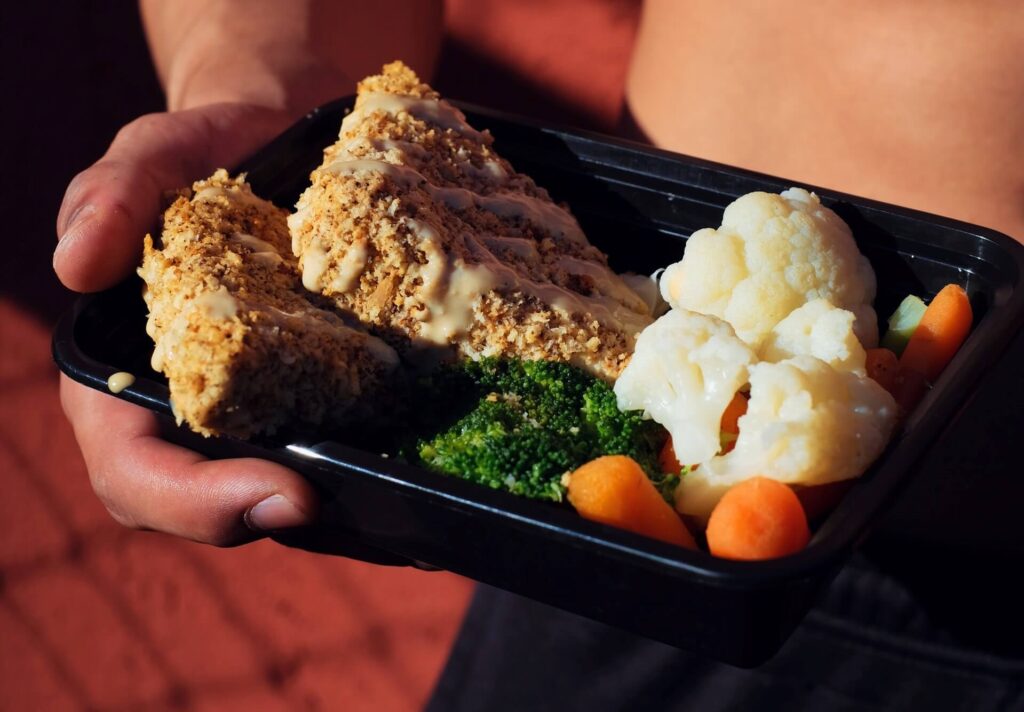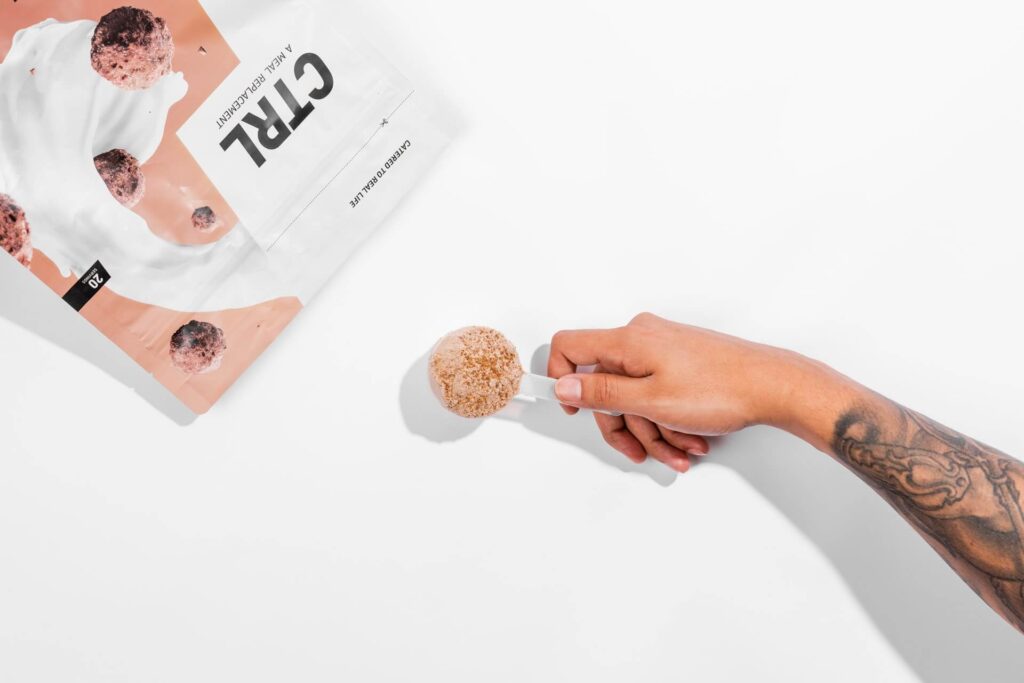Have you ever noticed that when you eat foods high in protein, you tend to feel full and eat less? Or that when you eat foods rich in nutrients such as vitamins, minerals, and especially protein, you tend to feel energized and stay lean?
According to several pieces of research, eating regular protein-rich foods is one of the most effective ways to keep your body healthy and reduce your risk of chronic diseases such as cardiovascular disease, type 2 diabetes, and some forms of cancer.
In this article, we discuss the key benefits of eating protein-rich foods, protein’s impact on our health, and the best sources of this essential nutrient. Let’s get started.

Proteins – The Building Blocks of Muscles
Protein is made up of chains of amino acids, which are the building blocks of muscles, and is essential for our muscles and tissues to grow and function properly. This amino acid chain is what makes up our muscles, tissues, and organs. They are what allows our body to grow and repair, maintain bone density and strength, and help our immune system.
To stay healthy and strong, protein is important for everyone, especially athletes and bodybuilders who want to build muscle mass and strength. Protein should make up 20-35% of your daily diet to prevent muscle weakness, loss of muscle mass, reduced muscle strength, and fatigue.
Remember that protein is also important for non-athletes as it’s essential for rebuilding and repairing tissues, and it also helps the body to produce enzymes and hormones.
How Does Protein Help You Lose Weight?
Eating protein helps prevent overeating because it fills you up and keeps you feeling full longer. And since protein also helps build and preserve muscle mass, it can help you look and feel better as you get leaner. When you eat protein, it’s converted by your body into amino acids, which are then used for energy, or stored as glycogen in your muscles or fat cells. In other words, protein makes you burn more calories, helps your body function properly, and makes you feel full.

Best Sources of Protein To Include In Your Diet
There are many sources of protein, but some are better than others. The best sources of protein include:
Chicken – You probably already know that chicken is a great protein source — it’s one of the most common protein foods in the world. Chicken is loaded with essential vitamins, minerals, and nutrients, such as iron, zinc, B vitamins (B3, B5, B9), and A vitamins. To get the most protein out of chicken, choose chicken breast.
Fish – Salmon is one of the best fish you can get for protein and omega-3 fatty acids. It’s also an easy and convenient way to get your daily protein intake. Another great fish for protein and omega-3 fatty acids is tuna. Not only is tuna loaded with protein, but it’s also an easy way to get your daily omega-3 fatty acids. Tuna is also one of the most delicious fish, both fillet and canned.
Turkey – Turkey is packed with protein and amino acids, making it an excellent source of protein. It’s also an inexpensive, healthy, and delicious source of protein. Similar to chicken, the best source of protein is turkey breast.
Plant-based protein powders – Plant-based protein powders have a few advantages. They are usually cheaper than animal-based protein powders (for example beef protein isolate powder), and they are also more environmentally friendly. Additionally, plant-based protein powders often contain more fiber than animal-based protein powders. However, plant-based protein powders also have some drawbacks. They tend to be lower in protein than animal-based protein powders, and they may not contain all of the essential amino acids that your body needs.
Key Takeaways – When To Eat Protein And How To Get Most Out of It
Whether you want to lose weight, gain muscle mass or feel physically good overall, try to eat protein every day (around 0.8 grams per kilogram of your weight.) If you like meat, eat chicken or turkey breasts in particular. If you like meat but don’t want to eat it every day, include fish, eggs, yogurt, or other dairy products in your diet.
If you are a vegetarian or vegan, there are plenty of variations for you, such as plant-based protein powders from plant-based sources, such as soy, pea, hemp, or brown rice protein.








